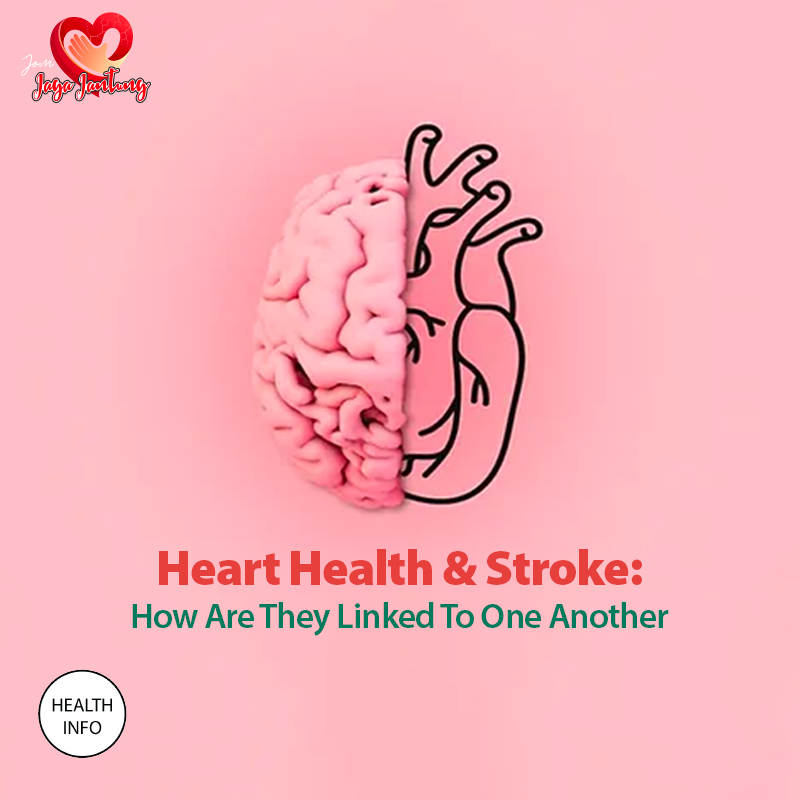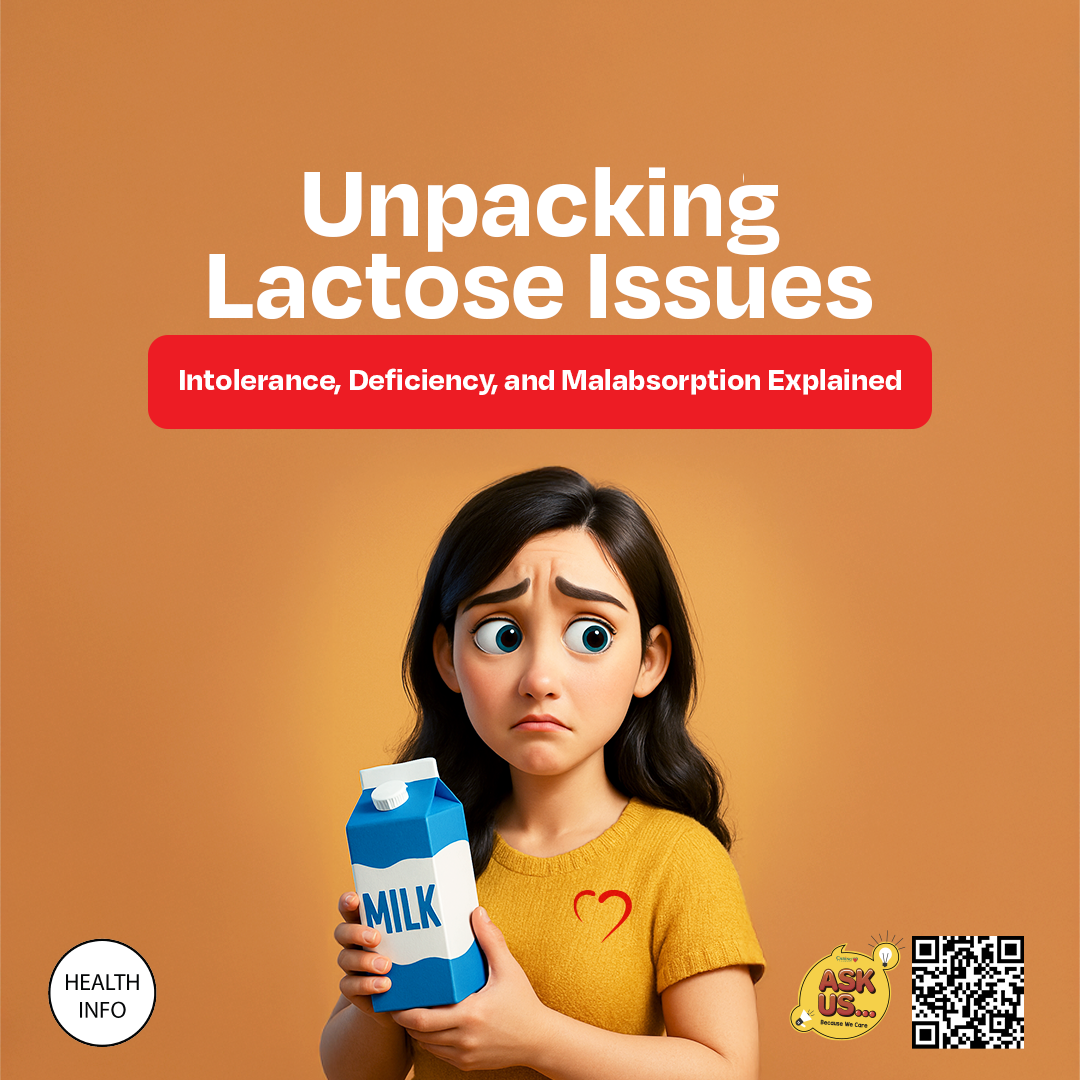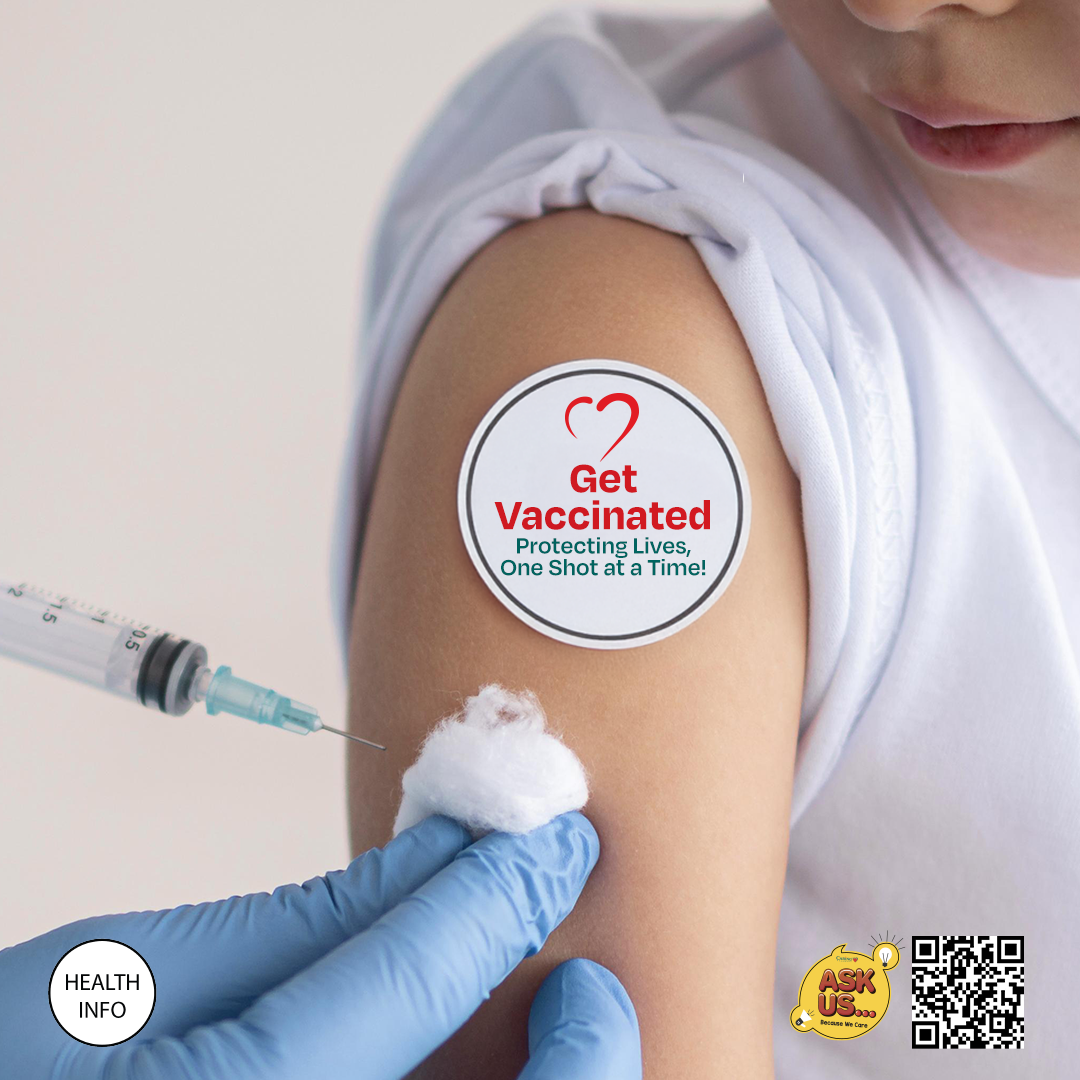- Home
- Health Center
- Health Info
- Heart Health & Stroke: How Are They Linked To One Another
Heart Health & Stroke: How Are They Linked To One Another


Stroke occurs when blood flow to the brain is blocked or there is sudden bleeding in the brain.
But did you know? Your heart health can impact your risk of stroke as well!
Heart disease and stroke are closely linked. Both are classified under the ‘cardiovascular diseases’ which are conditions that affect the heart and blood vessels.
Common Risk Factors
Cardiovascular diseases such as stroke and heart diseases share the same risk factors. Certain conditions significantly increase the risk of getting a stroke or heart diseases.
The conditions that may increase the risk of stroke and heart diseases:
- High blood pressure: Hypertension puts extra strain on the heart and blood vessels, increasing the risk of damage and blockages
- High cholesterol: High cholesterol results in the ‘hardening’ of arteries, narrowing the passageway for blood flow
- Diabetes: High sugar levels damage blood vessels
- Smoking: Smoking damages blood vessels and raises blood pressure
- Obesity: Excess weight puts extra strain on the heart and contributes to other risk factors like high blood pressure and diabetes
- Physical inactivity: Lack of exercise weakens the heart and contributes to other risk factors like obesity and high cholesterol
How Heart Diseases Are Linked to Stroke
Heart diseases especially those related to heart rhythm such as atrial fibrillation (AFiB) significantly increase the risk of stroke.
AFib can cause blood clots to form in the heart. This is because heart rhythm issues affect the proper flow of the blood into and out of the heart. This causes the blood to pool or to stagnate in the heart, increasing the risk of clotting.
The clots that form in the heart can travel to the brain, causing a stroke.
Similarly, a stroke can also affect heart function. A stroke occurs when blood flow to the brain is interrupted, often due to a clot or a ruptured blood vessel. This interruption can damage brain areas responsible for controlling heart rhythm and function, potentially leading to heart problems.
Prevention and Management
We can do something to reduce the risk of cardiovascular diseases. Remember to:
- Keep your blood pressure under control
- Control cholesterol levels through diet, exercise, and medication
- Control your sugar levels
- Quit smoking
- Maintain a healthy weight through diet and exercise.
- Engage in regular physical activity. Exercise regularly!
- Adopt a healthy diet! Remember to prioritise fruits, vegetables, whole grains, and lean protein while limiting saturated and trans fats, processed foods, and excessive sugar.
Want to know more about heart diseases and stroke? Visit your nearby CARiNG, Georgetown or Welling’s Pharmacy. You can also ASK US through our Facebook Livechat here!
This is an educational program / disease awareness program supported by:

References:
- Cardiovascular diseases (cvds) [Internet]. World Health Organization; [cited 2023 Oct 20]. Available from: https://www.who.int/news-room/fact-sheets/detail/cardiovascular-diseases-(cvds)
- Heart disease and stroke [Internet]. Centers for Disease Control and Prevention; 2022 [cited 2023 Oct 20]. Available from: https://www.cdc.gov/chronicdisease/resources/publications/factsheets/heart-disease-stroke.html
Latest Health Info
Unpacking Lactose Issues: Intolerance, Deficiency, and Malabsorption Explained
Ever wonder why some people, or even yourself, are suffering from lactose intolerance? Lactose, the primary sugar in milk and ...
Detect to Protect: Why Cancer Screening Matters
Cancer is a complex group of diseases characterised by the uncontrolled growth and spread of abnormal cells in the body. ...
Get Vaccinated: Protecting Lives, One Shot at a Time
Vaccines are among the most powerful tools in medicine, saving millions of lives by preventing serious diseases. From children to ...



